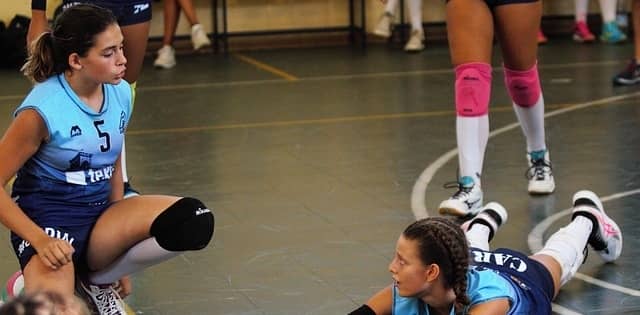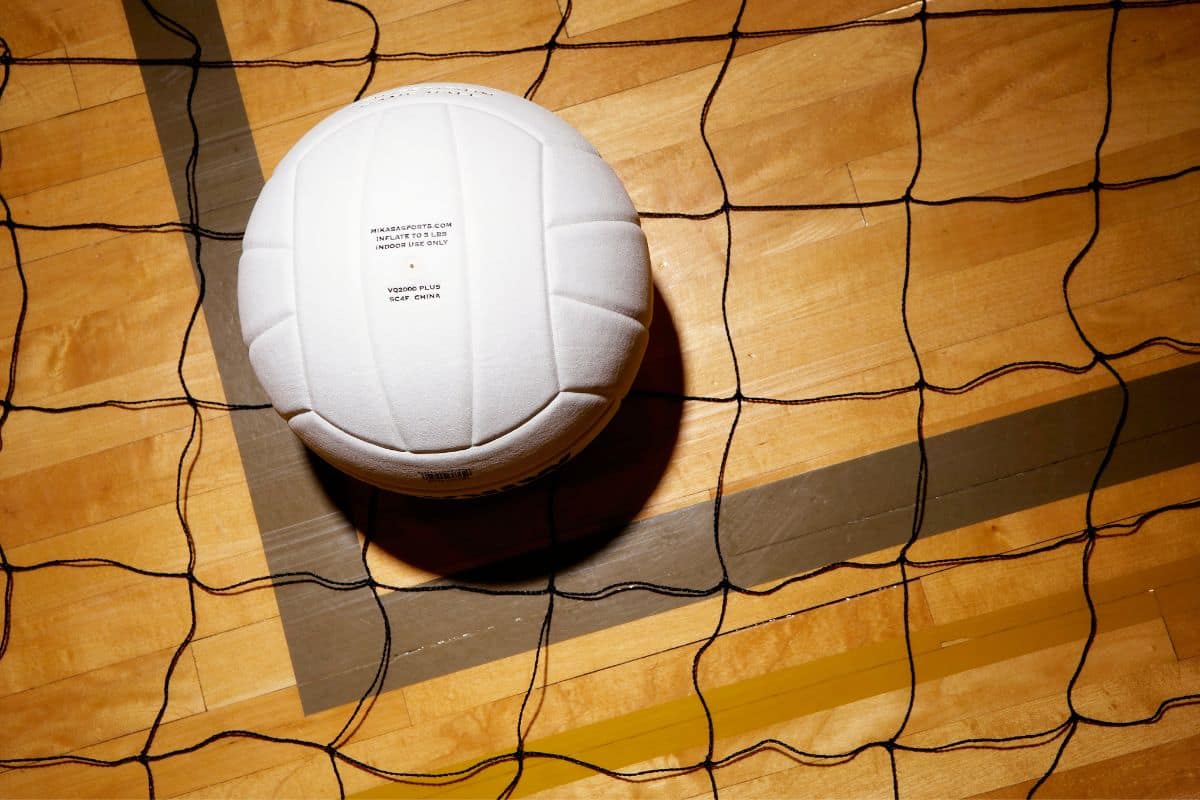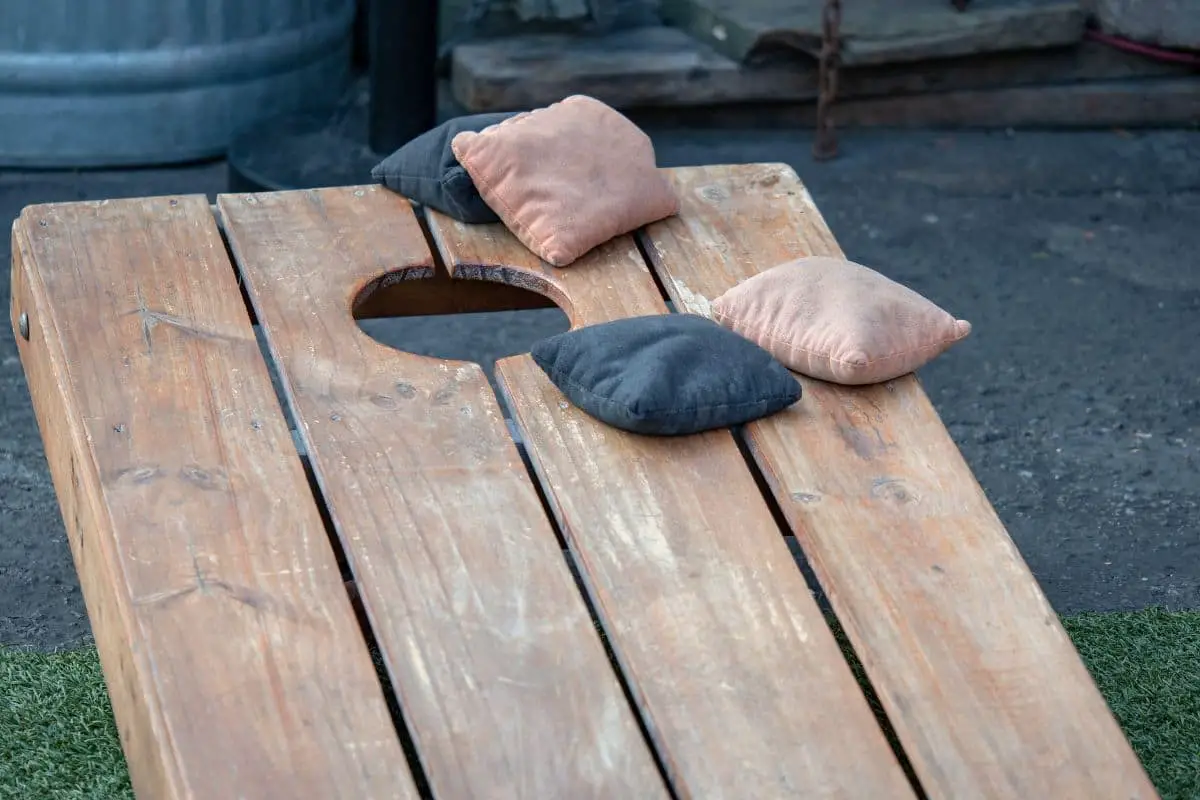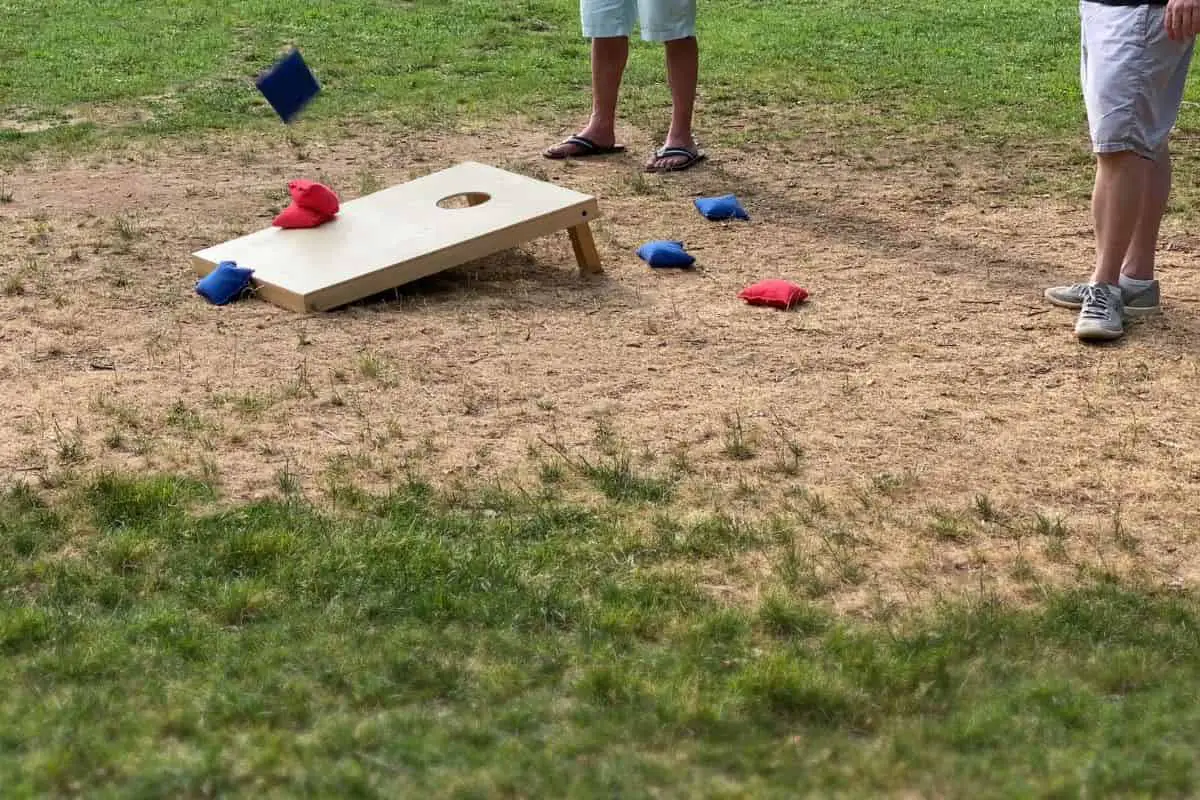There are many elements that you will need to master when you are playing volleyball. One of the most important is timing. But what makes this skill so vital?
There are many reasons why timing is so important. First, it will allow you to improve your reaction time, so you can hit the ball. It will also ensure that those who are spiking hit the ball at the ideal time. Third, the timing within the team is important, making sure that everyone is on the same page.
Every great volleyball player needs to master their sense of timing. Keep reading to learn more about why having great timing is key and how you can develop this skill.

The Importance of Good Timing
There are numerous reasons why timing is so important to the game of volleyball. These include:
Hitting the Ball
Volleyball players need to be able to hit the ball. Part of this relies on being able to track the ball, and positioning your body in the right place. But another crucial element is being able to jump at the right time. Too soon or too late and you will end up missing the ball. This will depend on your reaction time.
Contacting at the Right Time
In the game of volleyball, simply hitting the ball isn’t enough. You will also need to make sure that you are hitting it at the right time. The ideal time will depend on the circumstances. Sometimes, you will be struggling to get the ball before it touches the ground. Alternatively, if you are planning on spiking the ball, you will need to hit it at its highest point. This will ensure that it travels into the opponent’s court at the fastest possible pace.
Timing Within the Team
So far, we’ve been focusing on individual timing. But it’s also important to think about the way that timing works within the team. This is where tactics become so important. You’ll need to get used to reading each other, knowing what the other team members are thinking. There are plenty of benefits of this approach. This includes:
- You’ll know when it’s the right time for you to make certain shots.
- Knowing where all the players on the court are and whether they can get to the ball in time.
- Being able to pass to each other, to set up for one player to spike the ball over the net.
Controlling the Tempo of the Game
Another important strategic element for you to master is controlling the tempo of the game. Usually, this will depend on the way that your team is feeling. Sometimes, the decision to change the tempo will be made by the coach. They can do this by using a timeout.
For example, if your team is still feeling good, but your opponents are starting to run out of steam, it can be a good idea to increase the speed of the game. This will cause them to tire even faster. At other times, you might want to try and slow play down, to give your team a chance to rest.

Developing Your Sense of Timing
Timing is a skill. Like all skills, it can be improved through practice. Here are some of the drills that you might want to try and implement.
Boosting Reaction Time
One of the most important elements for you to develop is your reaction time. This will determine your ability to hit the ball effectively. In volleyball, you will only have a few seconds to get into position. There are a few drills that you can do to boost this skill. But this one is the easiest:
- Have all the players standing with their back to the coach.
- The coach calls out the name of one player.
- Then they throw the ball in their direction.
- The player has to turn around and get into position quickly to catch the ball.
- If you want to take this challenge to the next level, the player can dig the ball, instead of having to catch it.
- As this drill goes on, the coach can start increasing the speed at which they are throwing the ball.
You’ll need to practice drills like this throughout the volleyball season. It can be a good way to start the training session.
Two-Handed Catch
This is a very simple drill and is a good way of introducing people to the concept of timing their hit during a spike. It works like this:
- Throw the ball over the net in a high set.
- The player will need to try and catch the ball at the highest possible point, using both their hands.
- When they are comfortable, try having them spike the ball onto the player’s side of the net. Again, the goal is to make contact with the ball at the highest point.
During this drill, you’ll need to focus on two aspects of the player’s game. First, you’ll need to look at body position. This is just as important as their timing. You’ll also need to make sure that they are timing their jump properly. After each set, take a little time to talk with the players about whether they jumped too early or too late.
Timing for Setters and Hitters
A key part of the team dynamic relies on how well the setter works with the hitter. This drill is used by Mark Barnard, who coaches the Australian national volleyball team. It works like this:
- The coach throws three balls to the setter.
- The setter delivers three types of shots, at varying heights and speeds.
- The hitter needs to react to the shot that they have been given.
- If you want a variation on this, the coach can keep throwing the balls. The drill ends when either the setter misses the throw, or the hitter is unable to play the shot.
By doing this, you will be able to make sure that the setter and the hitter are on the same wavelength. This will be a huge advantage during the game, allowing you to build an effective strategy.
Practicing Communication
A third area that you need to work on is communication within your team. Making sure that everyone is on the same page will make it easier to get your timing right during the game. There are many ways that you can do this. Some teams will want to make calls. For example, the outside hitter might shout “no,” if they aren’t going to be able to get into position in time to hit the ball.
It’s also important that the coach is talking to the team before the game. This makes sure that everyone knows what tactics they will be employing.

How Long Does it Take to Develop Timing in Volleyball?
Developing your timing is very important. How long this will take will depend on a range of factors, like how long they have been playing volleyball. Sometimes, they will pick it up fairly quickly. In this case, it might only take 30 or 40 drills to get the right timing. At other times, it might be a little longer. In this case, it might take a few sessions.
How long it will take for the team to learn to work together will often depend on the skill of the coach. It will be their responsibility to discuss the teamwork and build cohesion.
Click Here for How Long Dose it Take to Become Good at Volleyball
Final Thoughts
One of the most important parts of a successful volleyball team is timing. It ensures that you are hitting the ball at the right time and that all the players are on the same page. The good news is that, like all skills, you will be able to practice your timing.





Leave a Reply
You must be logged in to post a comment.